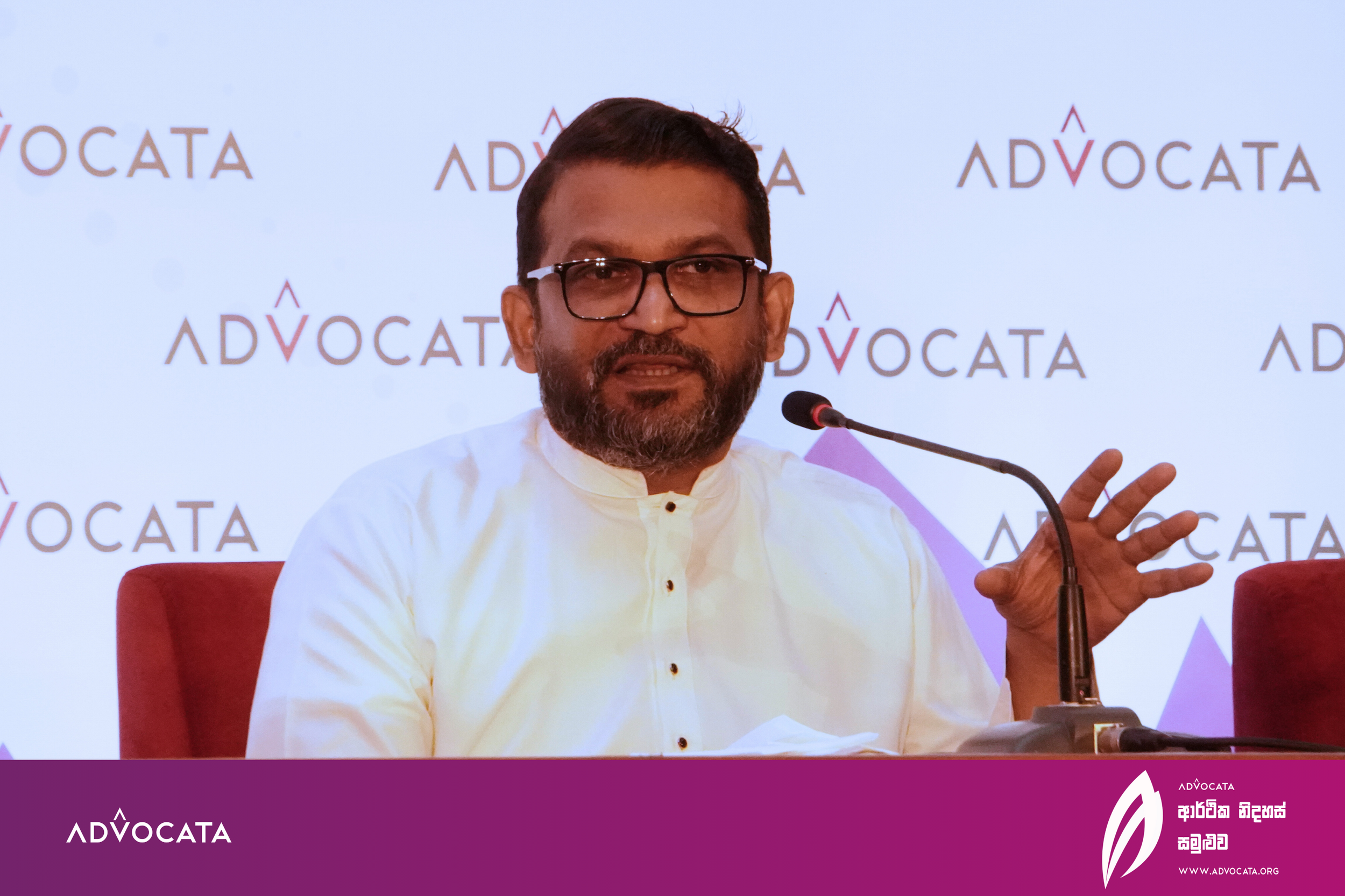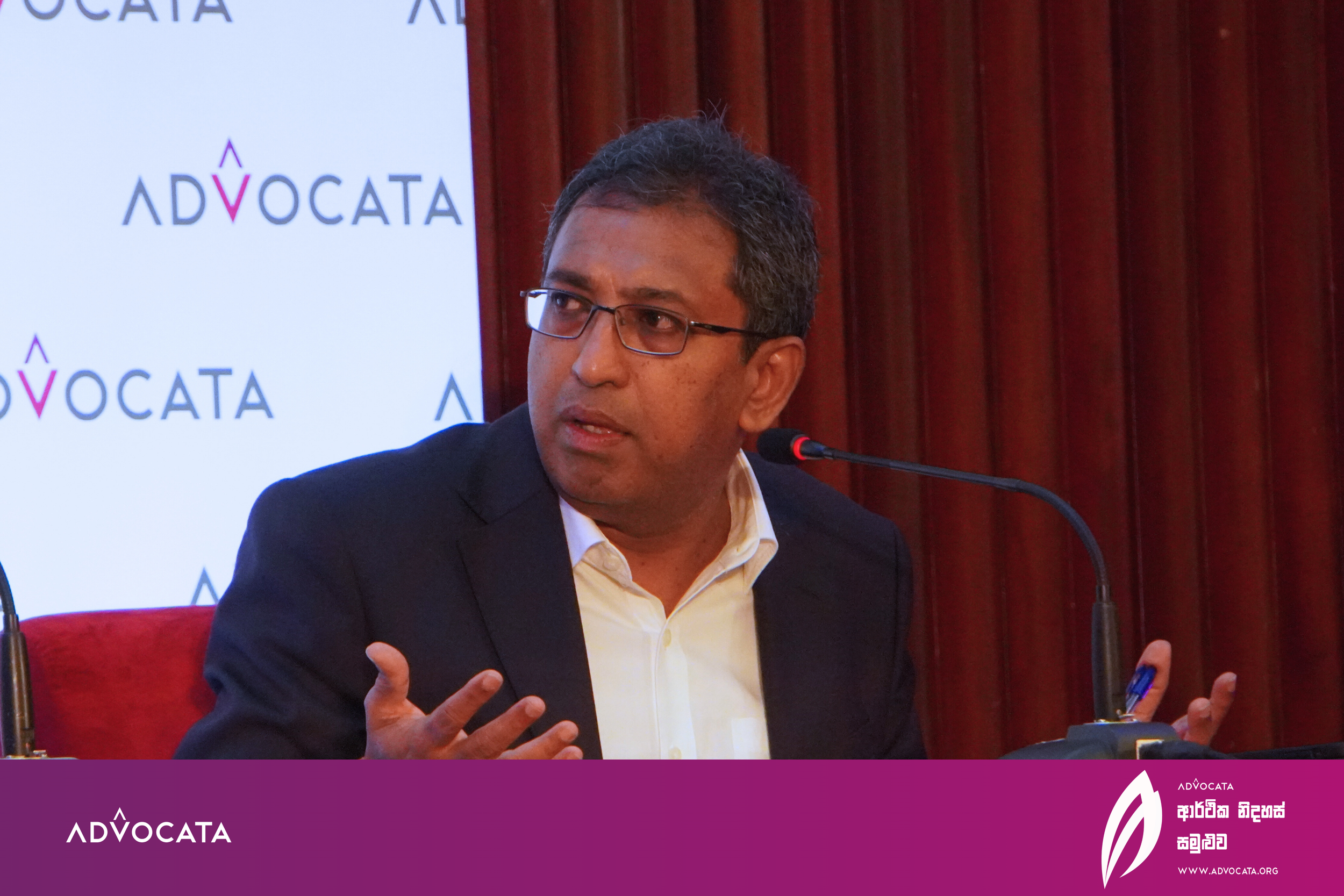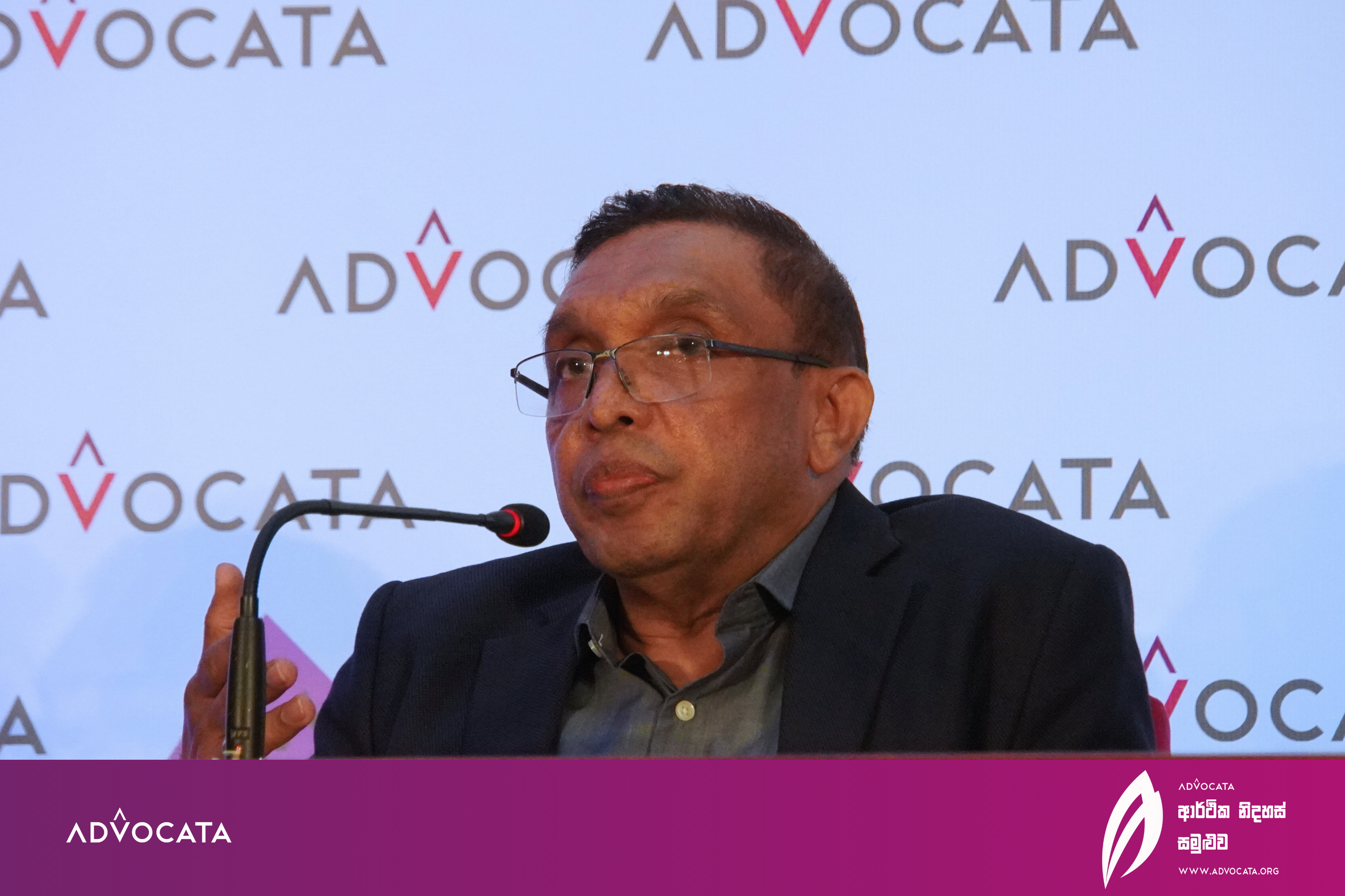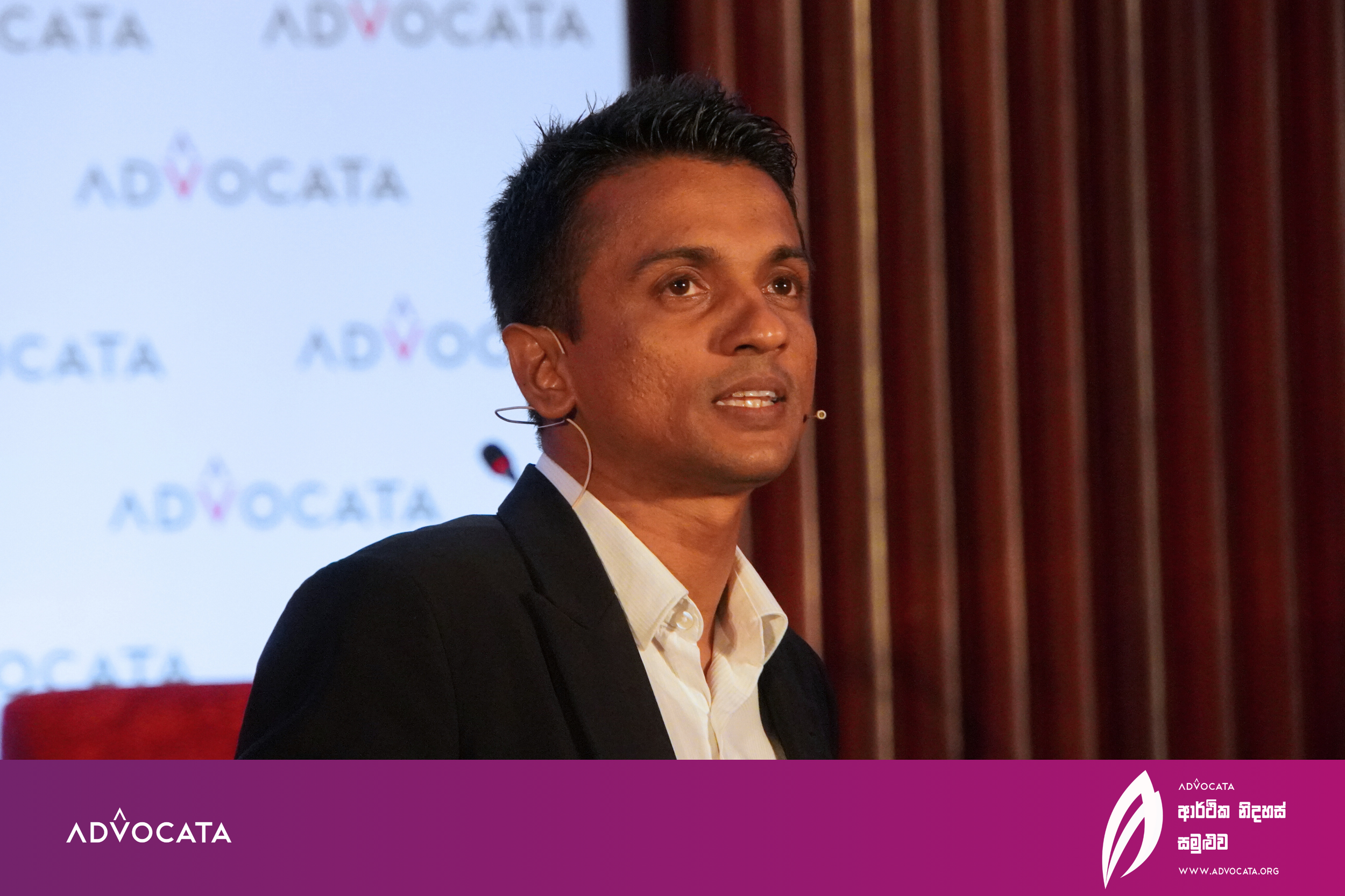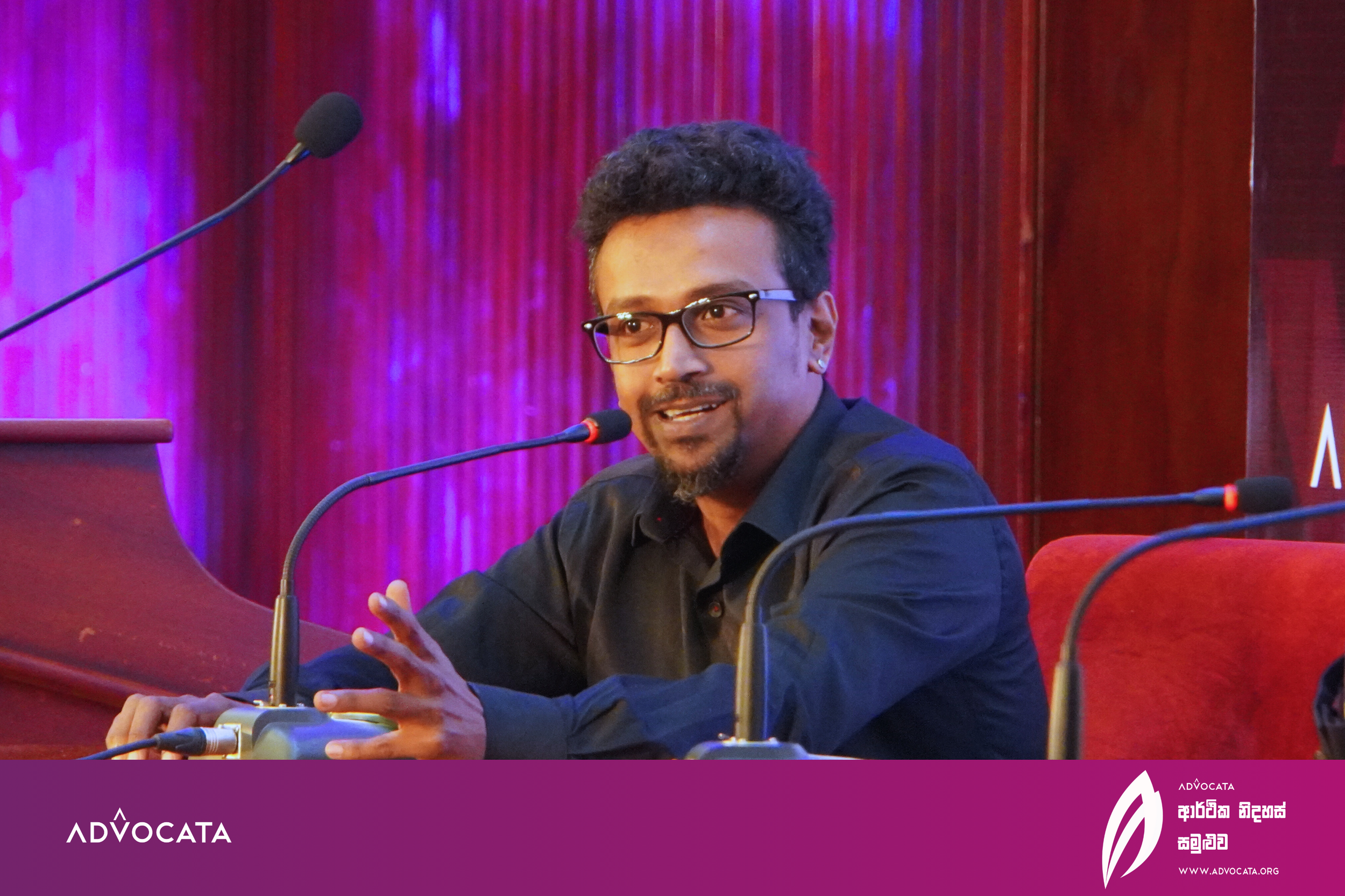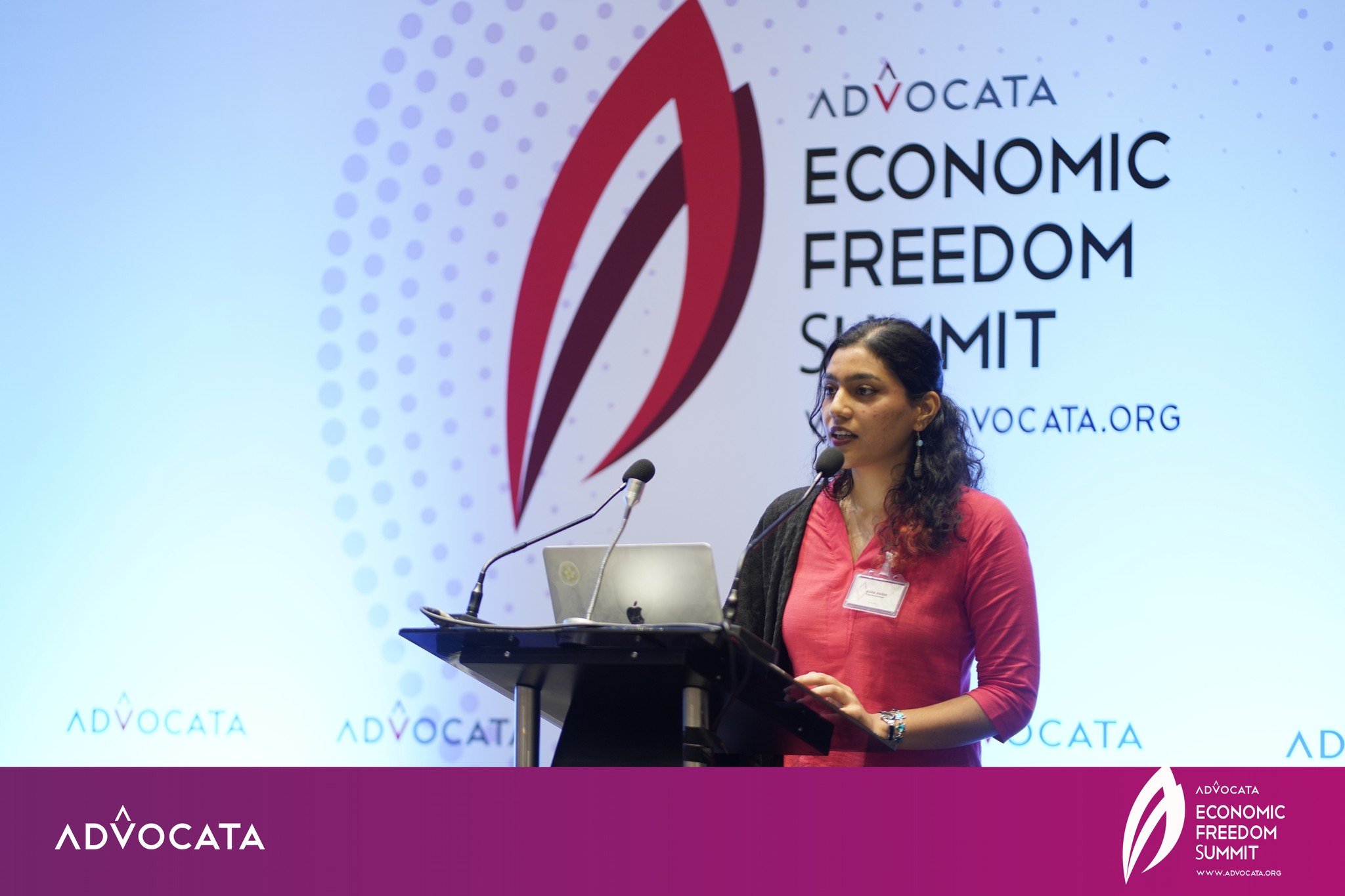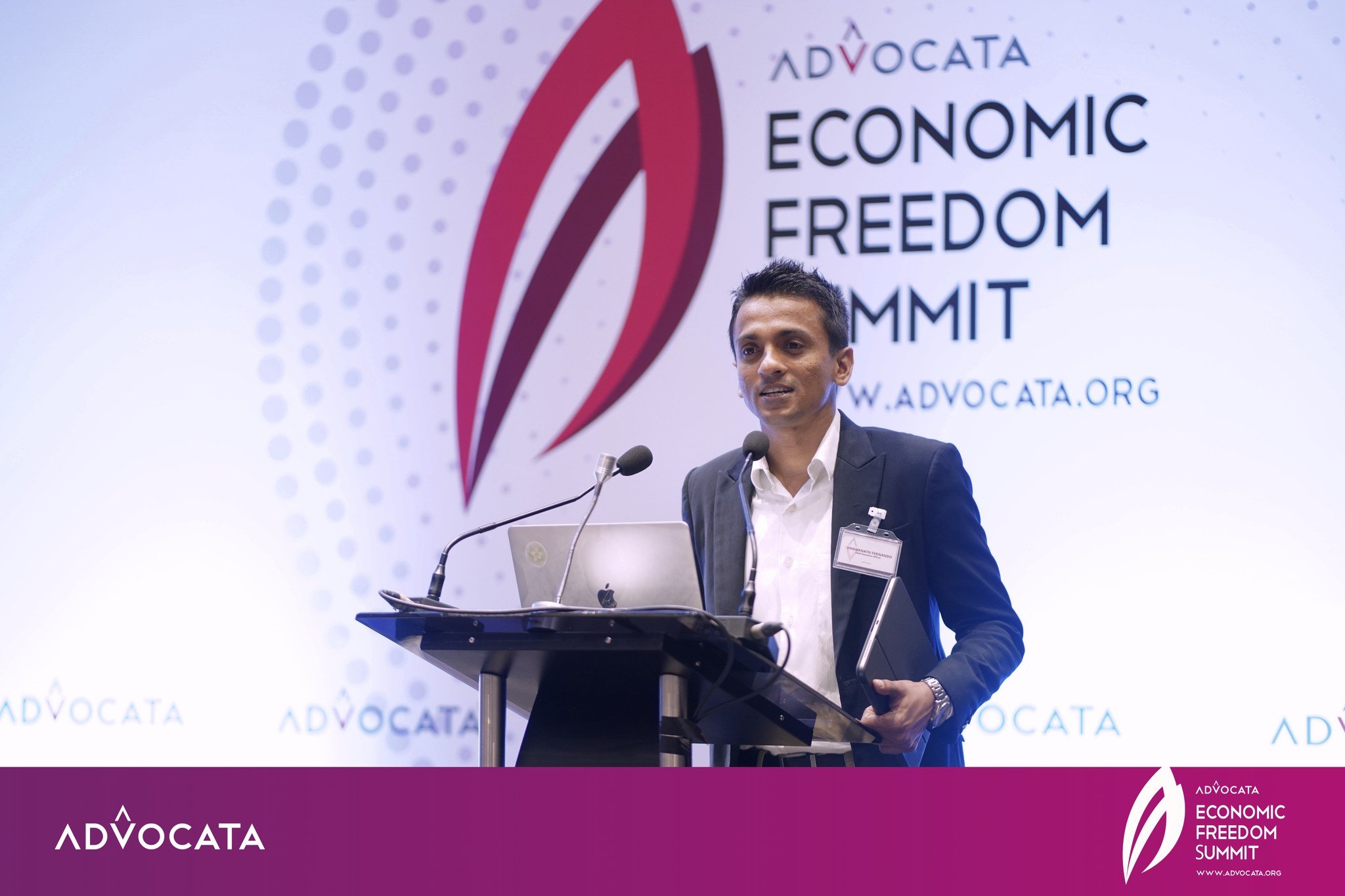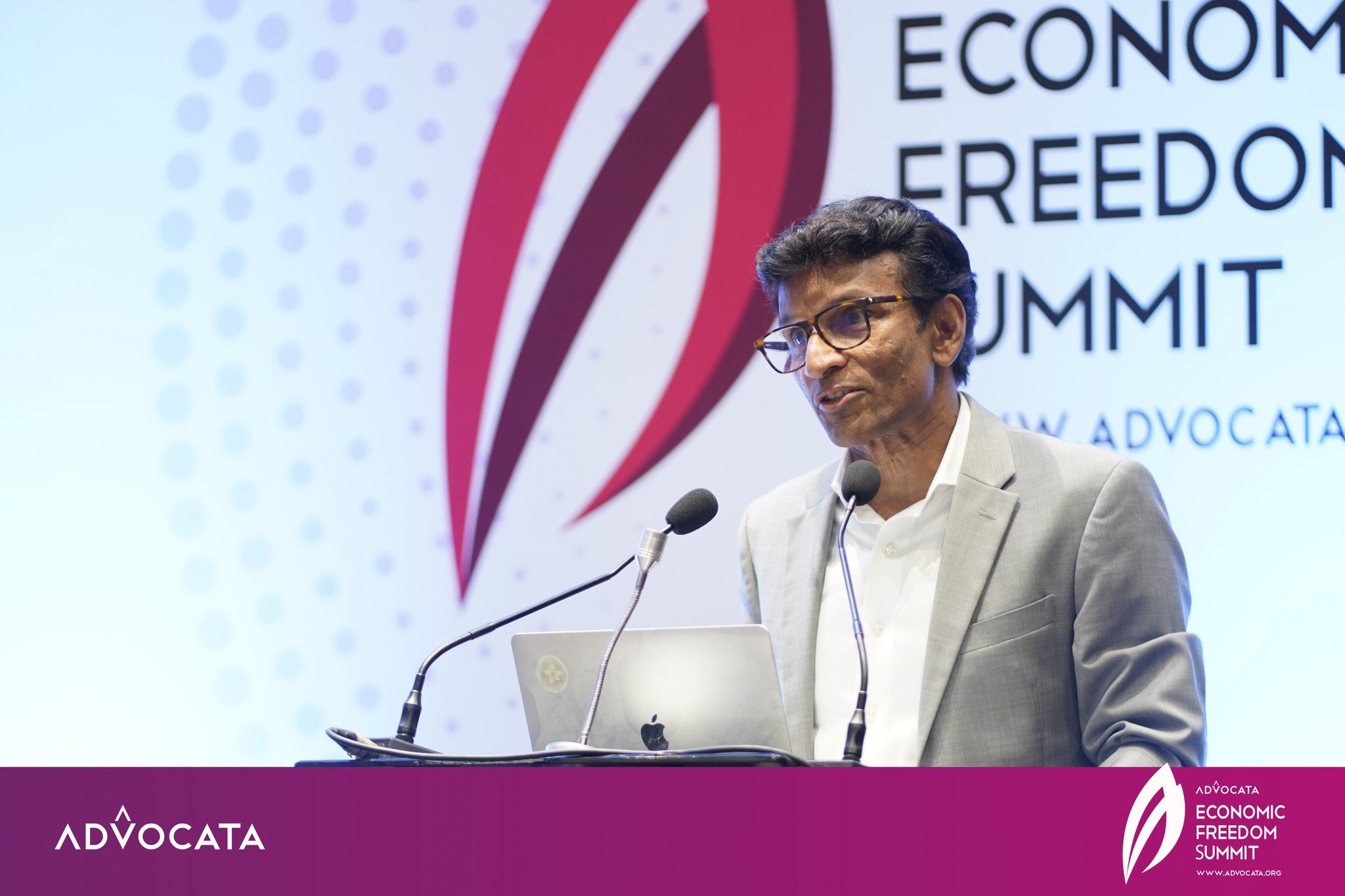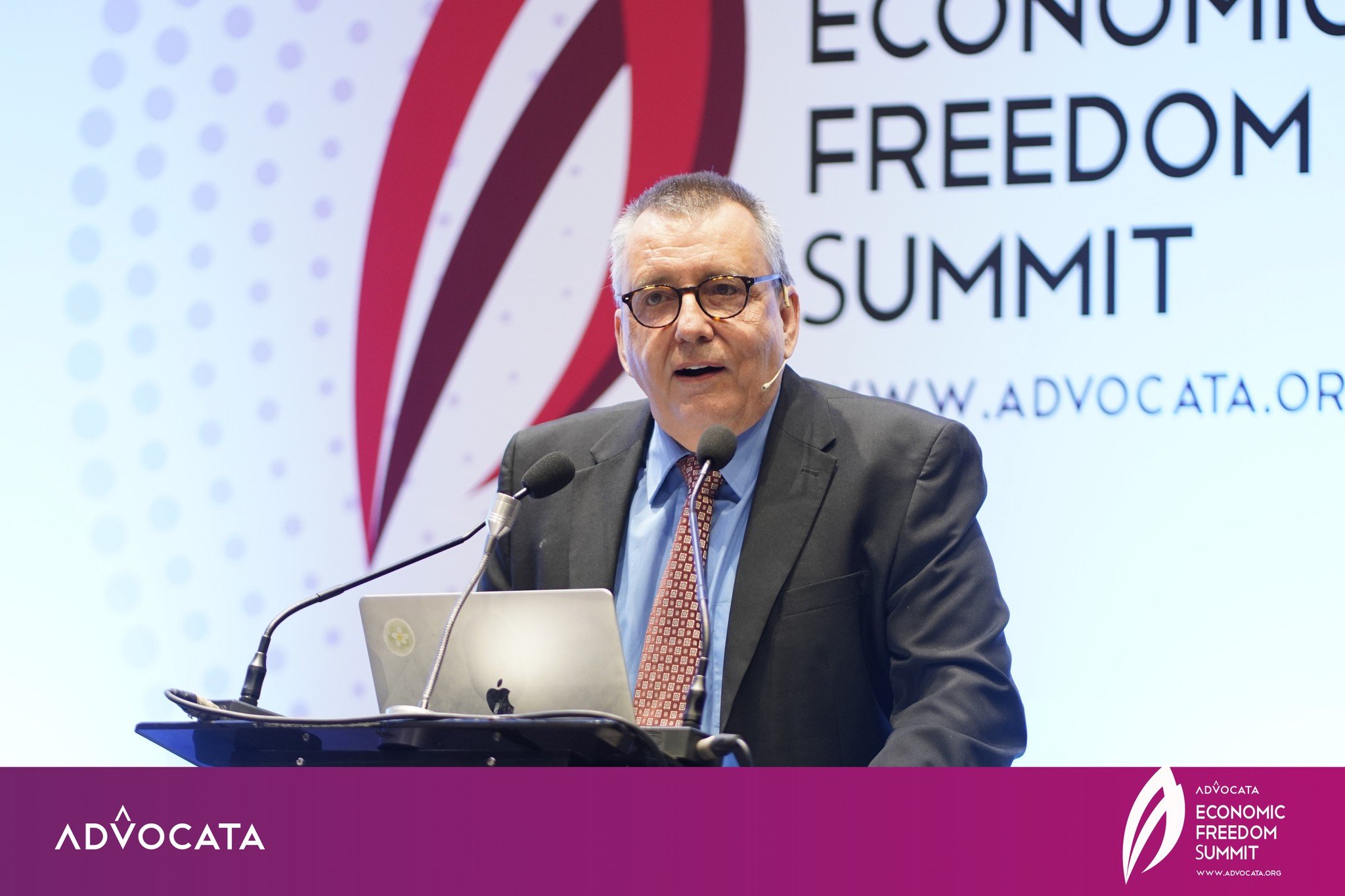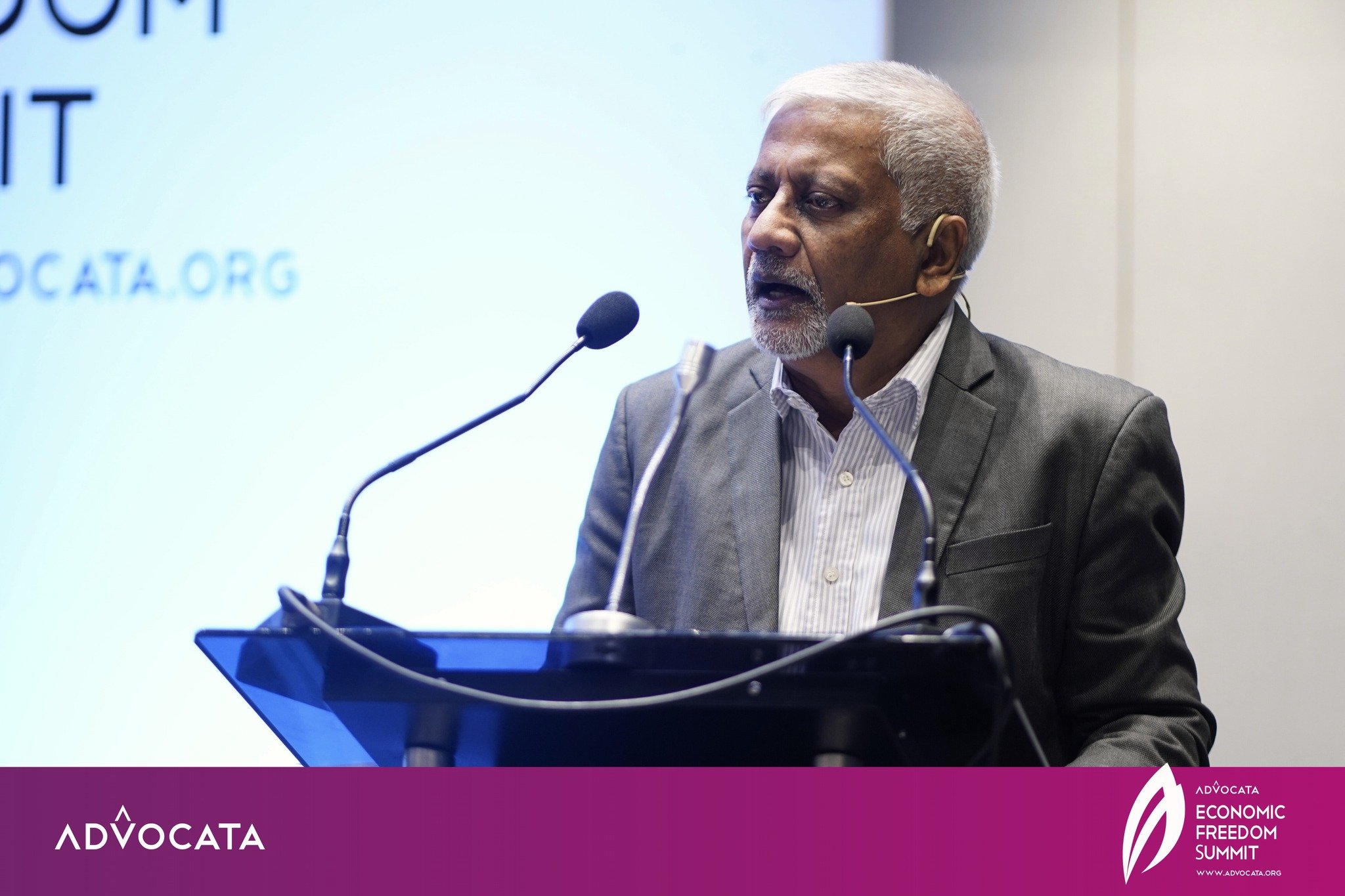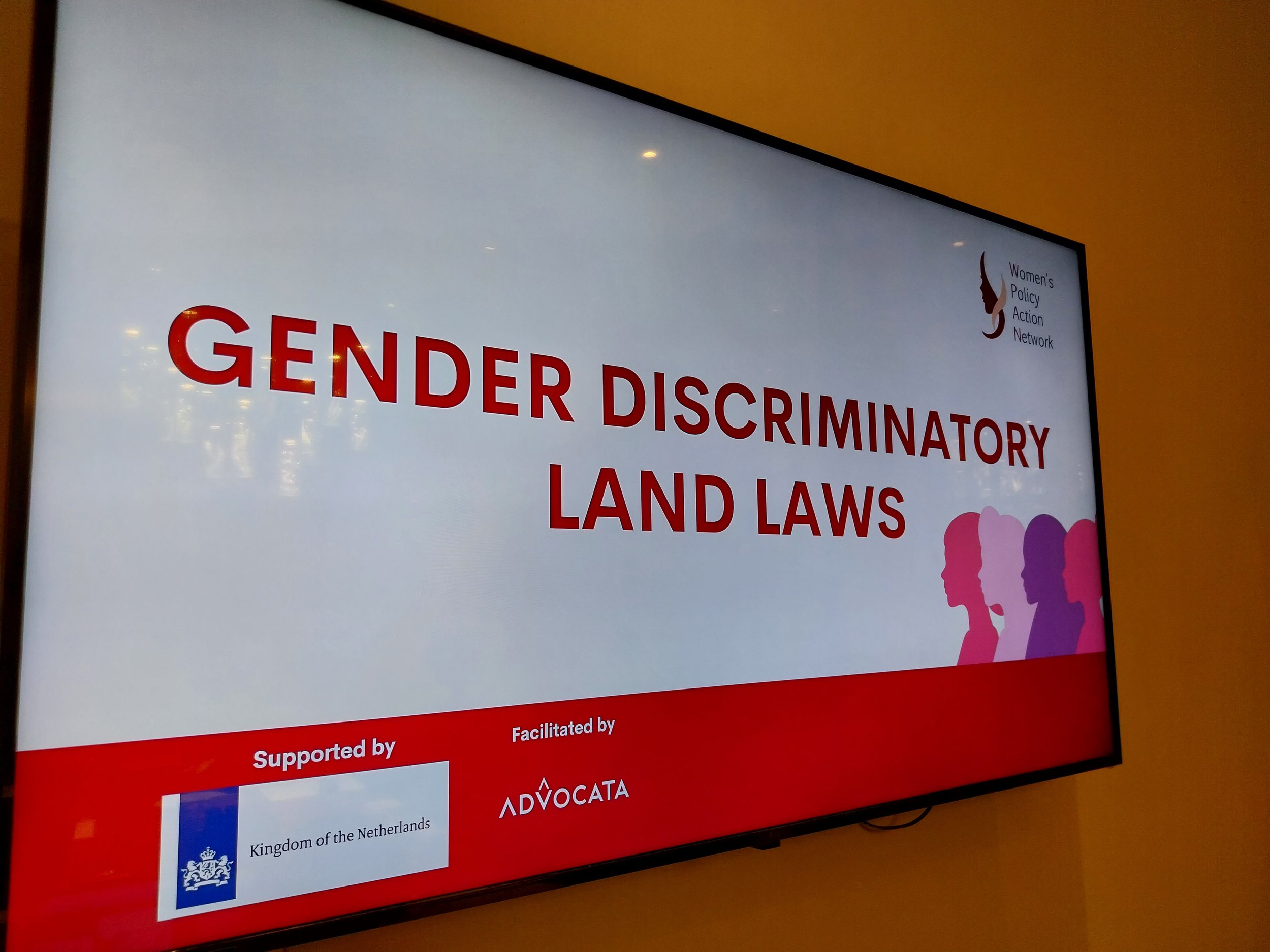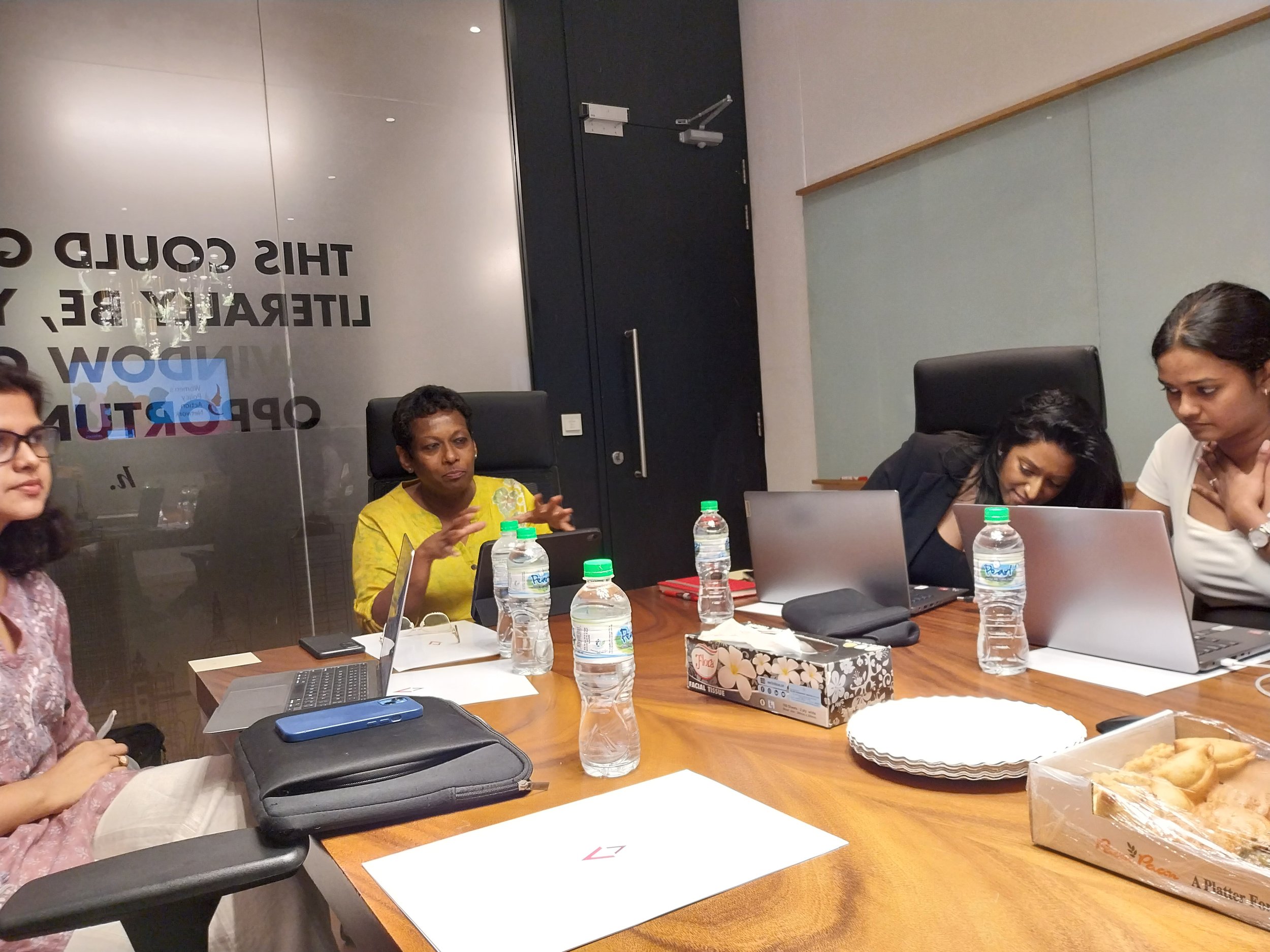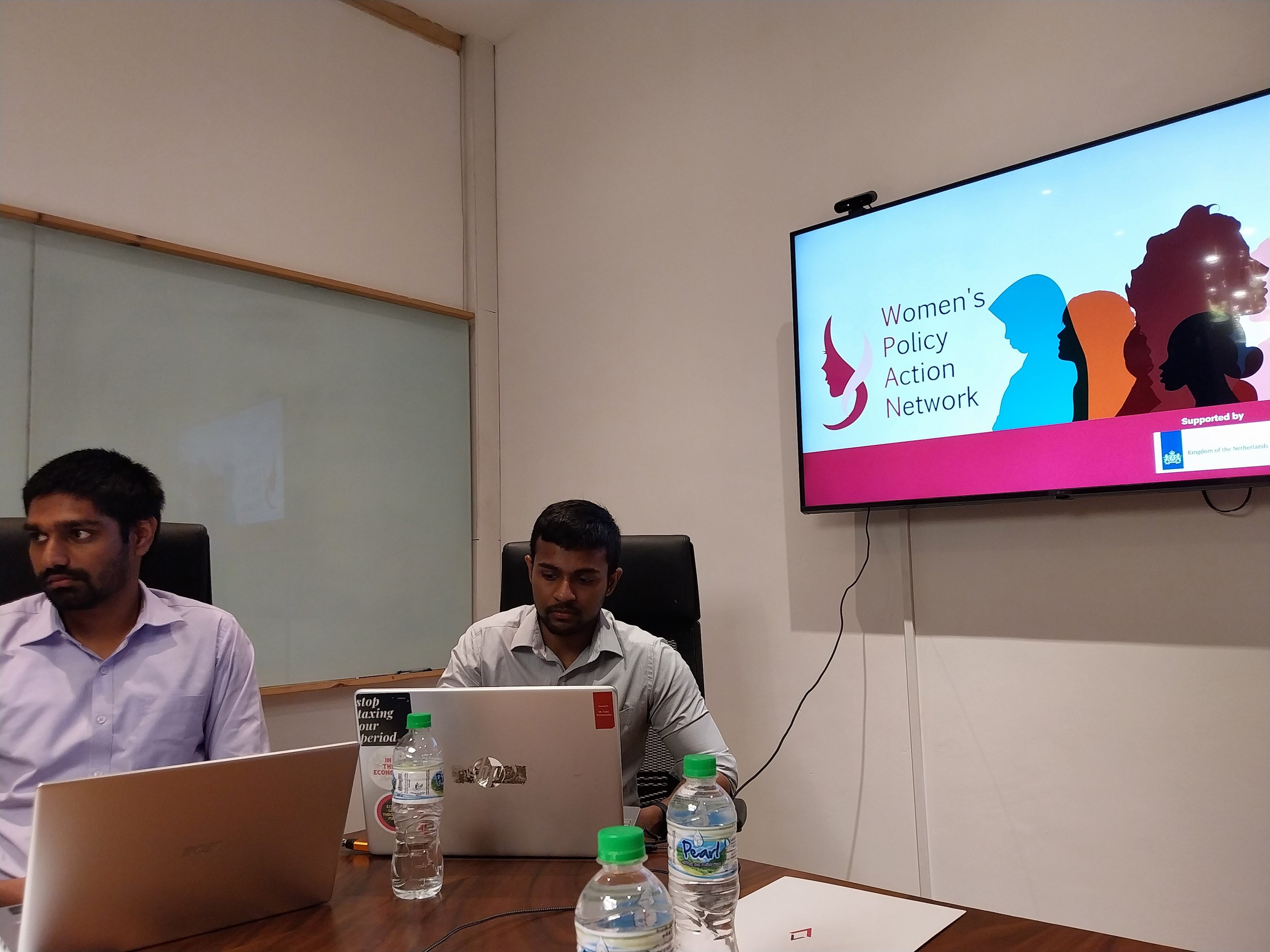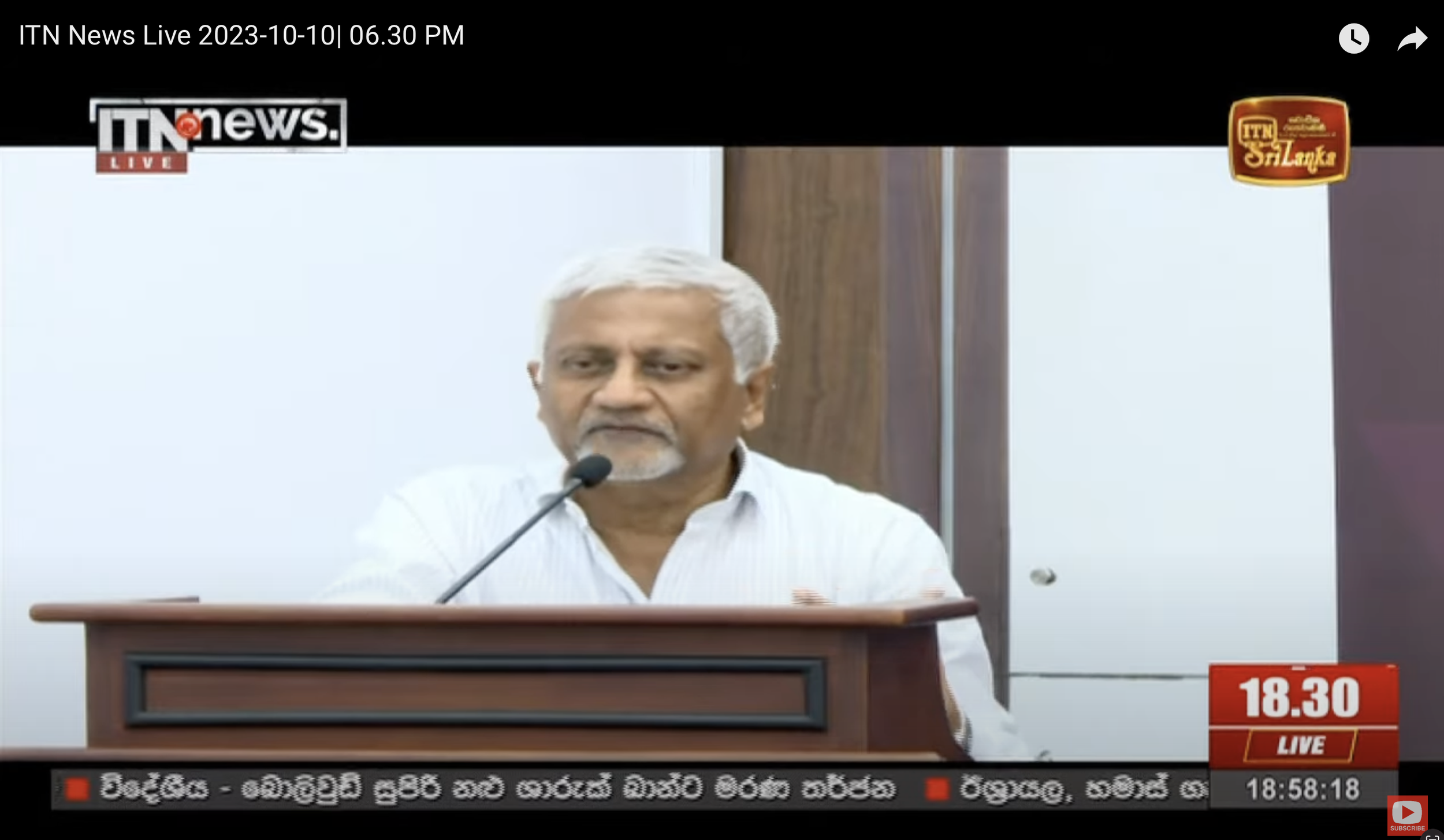Originally appeared in the Daily FT
Electricity tariff design must meet two main objectives: firstly, raising the money needed to pay for the costs of provision, and secondly, sending the right economic signals to each customer to favour the optimal socio-economic use of electricity.
To achieve the above objectives the principles that must be followed when designing tariffs are;
Economic sustainability or revenue sufficiency,
Equity or non-discrimination among users,
Economic efficiency in resource allocation, and
Transparency, simplicity, and stability of the methodology.
A well-defined and appropriate tariff structure must balance the financial sustainability of the sector on the one hand and the well-being of various segments of society on the other. The CEB’s tariff revisions seem to be mainly focused on the aspect of revenue sufficiency, ignoring the other aspects. As electricity is a commodity, there should be no difference in the prices charged to different users, except when reflecting any differences in the cost of providing services to different classes of users.
A differential tariff implies that some categories are subsidised leading to the question of who pays these subsidies. The current structure is such that households consuming an excess of 60 Kwh, and general purpose bulk supply users subsidise the industrial, hotel and charitable sectors.
Households that consume over 90 Kwh and general purpose bulk customers are charged a tariff that is double that of industries and hotels. With regards to hotels, in effect, domestic consumers subsidise foreign tourists. However, the differential tariff between general bulk supply and industrial/hotel users is meaningless. For example, a hall that hosts weddings and celebrations would be treated as a general bulk customer and be charged double the tariff that a hotel would be charged, even though both host similar events. A restaurant in a shopping mall would be charged as a general customer, but the same restaurant located within a hotel would enjoy a tariff half of that which a hotel incurs. While this differential existed under the previous tariff, it is made worse under the new structure; hotels faced a 10% increase in tariff while general users faced a 20% increase.
If the idea behind a lower tariff for hotels is to make the sector more competitive, then the solution is to address the causes of uncompetitiveness directly. One area is construction costs which raises the level of investment and the cost of maintenance. Protectionism for the domestic construction materials industry raises the costs of steel bars and rods, sanitary ware, aluminium extrusions, granite, electrical fittings, and carpets resulting in high overall construction cost. The effective protection granted on these items can exceed 200%; the savings in finance cost from a lower capital outlay would probably exceed the savings from a lower electricity tariff.
Economic value creation can take place in many different ways in an economy and the service sector is no less important than other sectors. The cross subsidisation between customers violates the equity or non-discrimination principle of a good tariff and discourages use by the overcharged and promotes overconsumption by the subsidised.
For example, the higher domestic tariff may serve as a disincentive for remote work. Remote or flexible work arrangements can reduce transport costs, congestion, energy use and for some, enable a better work/life balance. The government should be facilitating flexible work but the higher rates applicable to some domestic consumers may be a disincentive.
Economic activity is increasingly complex and a value chain can involve many different sectors. For example, the tea industry involves agriculture, processing in factories, transport, warehousing, blending, financing, marketing and exports. Moreover, products are now more knowledge intensive, so a greater part of the value addition arises in non-production-oriented components of the value chain. With differential tariffs, parts of the same value chain may pay different prices for use of the same commodity.
Further, a lower tariff to “industry” penalises new economy enterprises while promoting highly energy intensive users. This distorts resource allocation by encouraging excessive energy consumption, artificially promoting capital-intensive industries where the country may not have a clear comparative advantage. A subsidised tariff also blunts the incentive to economise.
The cost of supplying electricity fluctuates throughout the day, depending on the power generation mix, cost of fuels used, transmission costs and energy losses but as electricity storage is not economically viable, it has to be consumed whenever it is produced. Households with rooftop solar thus enjoy a subsidy. Domestic solar generation takes place in day time where the cost of generation is low but the import of electricity to the house takes place at night when the cost of generation is high. Offsetting units generated against units imported results in a subsidy because of the difference in costs between the two. Time of use metres should be mandated for all domestic users on net metering with the import/export being accounted for on the respective time of use tariff. Indeed all users who consume above 60 Kwh should move to the time of use tariff.
Should the government decide to subsidise the capital or operating costs to serve certain customer classes, it should do so directly from the budget and while a lifeline tariff for the poor is justified the high domestic users pay a tariff 7.4x that of the lowest. Not all households are the same size and an extended family living in a single house may face a much higher tariff although their income level may not differ greatly from the average.
The PUCSL should review tariffs to prevent the distortions highlighted above. Instead of cross-subsidies, the regulator should be working to reduce overall cost of the provision of electricity through better procurement and greater efficiency.
Treating all costs as a pass-through in computing the tariff is a mistake. The PUCSL needs to set efficiency targets in order to set fair and reasonable tariffs. The CEB should be incentivised to control its costs by specifying and enforcing performance requirements. Benchmarking CEB performance against regional and international peers to assess relative efficiency is necessary, as is consulting stakeholders on achievable efficiency targets.

















